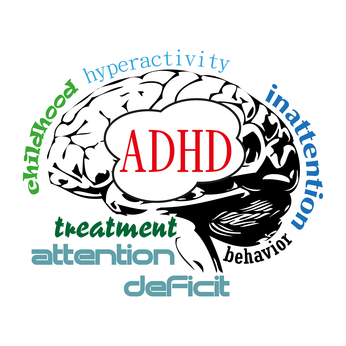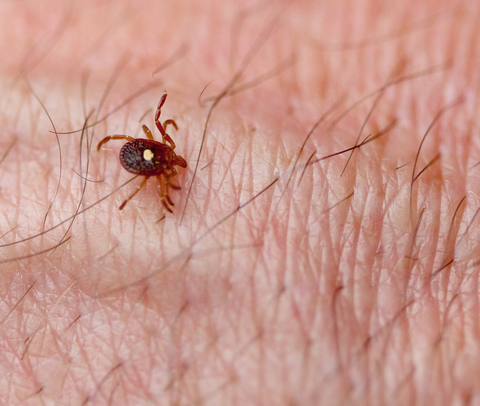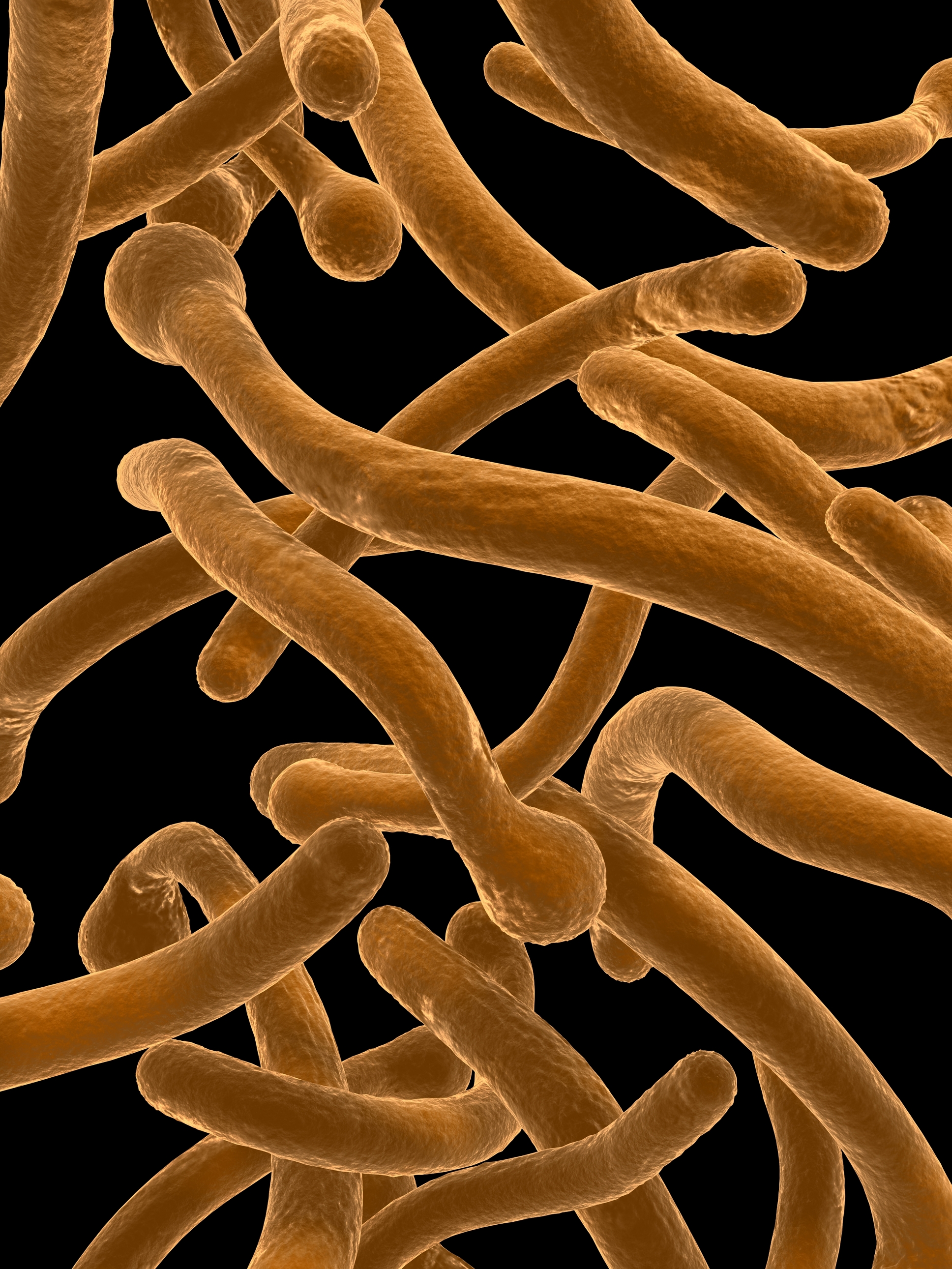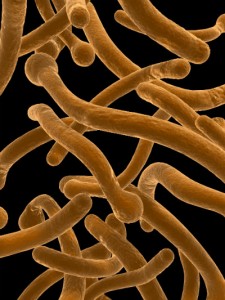![[Webinar Signup] What Is the Body Ecology Diet? An Interview with Donna Gates Body Ecology Diet: An Interview with Donna Gates](https://www.mariarickerthong.com/wp-content/uploads/2013/11/Donna-Gates-and-Body-Ecology-Diet.jpg) Donna Gates is the developer of the Body Ecology Diet, a gut-healing diet that can be used to recover symptoms of autism, ADHD, autoimmune diseases, hormonal imbalances and more.
Donna Gates is the developer of the Body Ecology Diet, a gut-healing diet that can be used to recover symptoms of autism, ADHD, autoimmune diseases, hormonal imbalances and more.
Sign up for the webinar replay below.
In this interview, Donna talks about how she developed the Body Ecology Diet, almost as an offshoot of what she learned studying macrobiotics.
We talk about gut health is important for the immune system and how, if you have gut dysbiosis (an imbalance of bad bacteria, yeast, parasites and pathaogens vs. good), that it leads to ill health.
Gut health also affects brain health, as most (95%) of your neurotransmitters are made in your gut. Most, if not all, people with neurological and neurodevelopmental disorders have impaired gut function, which is why cleaning up the gut can help recover people from symptoms of these chronic disorders.
Find out how this diet can help those with:
- Allergies
- Food allergies
- ADHD
- Asthma
- Autism
- Neurological disorders
- Thyroid disorders
- Autoimmune disorders
 Did you know that most, if not all, school shootings were performed by children on some type of anti-depressant or other psychological medication?
Did you know that most, if not all, school shootings were performed by children on some type of anti-depressant or other psychological medication? I was outside gardening today, pulling out strings of poison ivy vines, and I thought about how I had a nasty rash of poison ivy a few years ago.
I was outside gardening today, pulling out strings of poison ivy vines, and I thought about how I had a nasty rash of poison ivy a few years ago. I became severely stressed when I began taking care of my two boys without any help because that’s when my older son’s sensory issues and “fight, fright or flight” issues really kicked in.
I became severely stressed when I began taking care of my two boys without any help because that’s when my older son’s sensory issues and “fight, fright or flight” issues really kicked in.  Having a son with a developmental delay was very hard on me. He didn’t walk until he was 20 months old.
Having a son with a developmental delay was very hard on me. He didn’t walk until he was 20 months old. A few months ago, my then-6-year-old son had a definite change in his typically sweet personality for the worst.
A few months ago, my then-6-year-old son had a definite change in his typically sweet personality for the worst. I remember when I was growing up in the 1970’s (ahem) that no one had allergies, let alone an allergy to peanuts. Now, if you go to a school, you’ll see “nut-free classrooms” and “nut tables” in the cafeteria.
I remember when I was growing up in the 1970’s (ahem) that no one had allergies, let alone an allergy to peanuts. Now, if you go to a school, you’ll see “nut-free classrooms” and “nut tables” in the cafeteria.
 Did you know that gut dysbiosis, which means there are too many pathogens outnumbering probiotic bacteria, is linked to autism, PDD-NOS, ADHD, allergies, asthma, sensory processing disorder, colic, eczema, IBS and autoimmune diseases like lupus, fibromyalgia and rheumatoid arthritis?
Did you know that gut dysbiosis, which means there are too many pathogens outnumbering probiotic bacteria, is linked to autism, PDD-NOS, ADHD, allergies, asthma, sensory processing disorder, colic, eczema, IBS and autoimmune diseases like lupus, fibromyalgia and rheumatoid arthritis?


